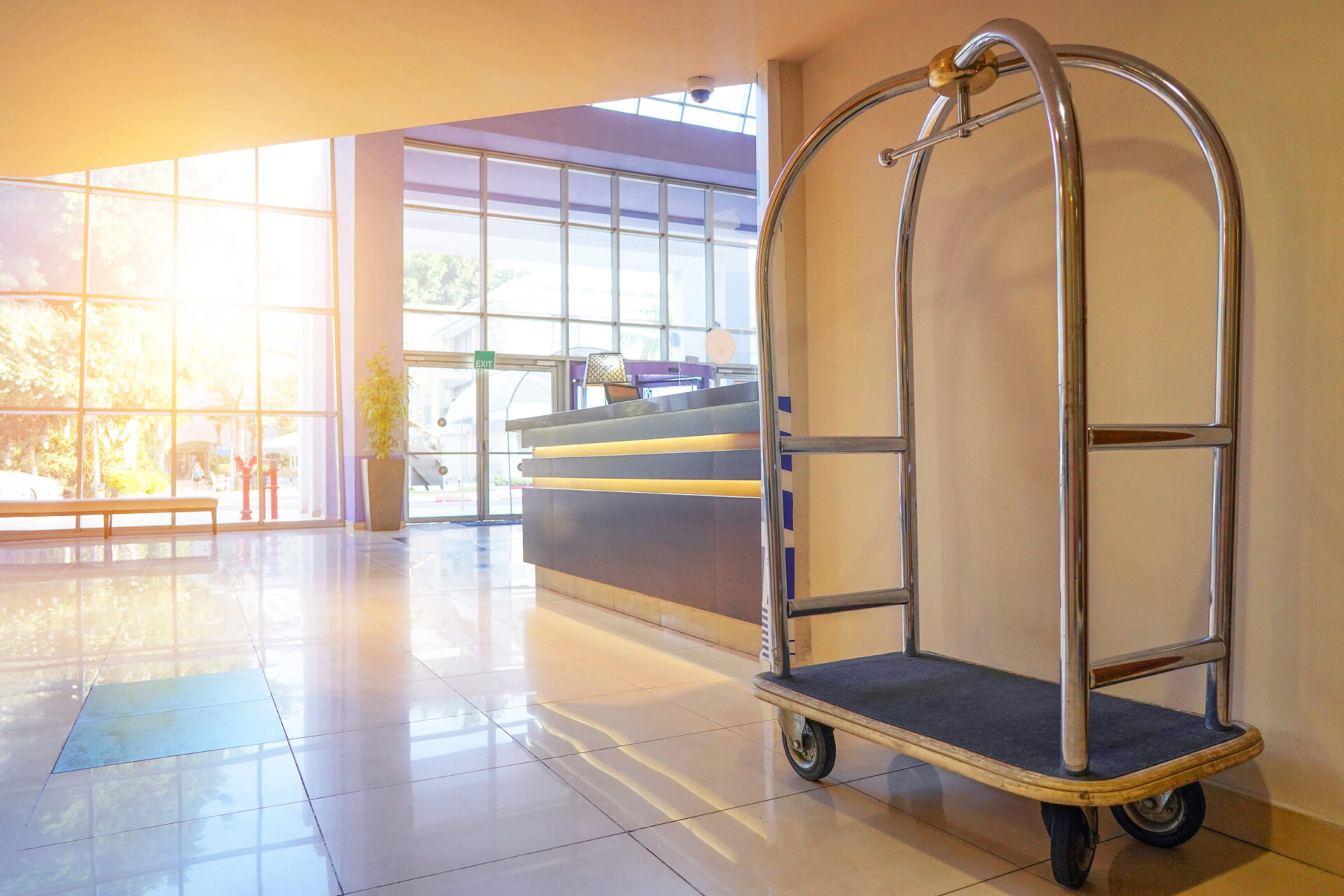By CHUCK GREEN
Putting on the Ritz? Or at least booking a stay there?
As the hotel industry continues to regain its traction this year in the aftermath of the Covid pandemic, according to at least one industry leader, it seems that, overall, luxury brands generally have been on a faster track toward recovery than others.
“Resort markets are off the charts,” Jim Butler, partner and chairman of the Global Hospitality Group in Los Angeles, told The Mortgage Note. “Everybody went as soon as they could.”
In 2020, the value of the luxury hotel market stood at $174.9 billion, according to Mordor Intelligence. During the forecast period 2021-2026, it’s projected to hit a compound annual growth rate of more than 4%.
By comparison, in 2020, the global luxury hotel market stood at $93.43 billion, according to Fortune Business Insights. Based on projections, at a CAGR of 10.4% in the timeframe of 2021-2028, it will grow to $238.49 billion in 2028.
The flood in leisure travel is reflected in the EY2022 Hospitality Consumer Survey.
A minimum of one leisure trip in 2022 was on the docket of 89% of respondents; 24% had at least three trips for recreation in their crosshairs.
According to STR forecast data, luxury chains are projected to see a year-over-year revenue per available room, or RevPAR, increase of 6.9%, while upper-upscale (+8.9%) and midscale (+1.3%) can expect to see increases as well.
Conversely, full-service, urban hotels that cater to, for example, group business conferences, are “doing horribly,” said Butler.
“They’re getting better, but slowly,” Butler said.
Economy is the only chain scale expected to report a decrease in the metrics (-0.2%), according to STR.
Down the road, non-luxury hotels will be affected largely by the guests they attract, Mark Podgainy, managing director, Getzler Henrich and Associates LLC in New York, told The Mortgage Note.
“They’re transient travelers; individual business travelers, who’ve been slower to come back, and the leisure travelers staying at hotels in those segments are more price sensitive. With a consumer slowdown looming, they’ll be more impacted than luxury hotels,” Podgainy said.
Podgainy believes when consumers inevitably hit the brakes, the hotel industry’s recovery will “go in the other direction.”
The problem, he noted, is that the industry’s “not paying attention. They’re thinking travel’s been great and it’s (going to continue that way.) It’s not, it has to pull back. How much, I don’t know.”
What does this mean for lenders who work in this market?
Up to this point, it seems, lenders have tended to cut the hotel industry some slack, noted Podgainy.
“During the pandemic, everybody was in default, so lenders basically said ‘We’re not going to take over everyone’s property, so why don’t we work through this?’ It was just so overwhelming. Their attitude was ‘The industry will recover and we’ll give them the benefit of the doubt,'” Podgainy said.
Now that conditions are beginning to return to relative normalcy, “lenders will have more backbone when it comes to weak borrowers. They’ll be somewhat more aggressive and make sure they recover their loan,” he said.
For his part, Butler observed that “liquidity’s greatly decreased in hospitality and probably in general. Higher interest rates are making the difference. Everyone’s become even more cautious or stopped lending altogether. It’s extremely hard to (undertake) construction and development projects. That’s impacting prices and liquidity.”
Bryan Younge, executive vice president and leader of the Hospitality, Gaming and Leisure specialty practice at Newmark Valuation and Advisory, said lodging fundamentals continue to improve and borrowing is expected to be strong with hotel transactions accelerating.
“Lenders are preparing for action in the lodging industry in the second part of the year. Spreads should narrow rapidly once interest rate hikes and volatility in the macroeconomy subside,” Younge told The Mortgage Note.
Where should investors be looking?
A survey conducted by Urban Land Institute and PwC researchers shows these cities are among those rated as the top 20 for investment in the hotel sector based on the percentage of “buy” recommendations, according to Crexi:
Nashville: 51%
Miami: 46%
Tampa/St. Petersburg: 41%
West Palm Beach: 40%
Charleston: 36%
Austin: 34%
Greenville, SC: 33%
Washington, DC-District: 32%
New York-Manhattan: 32%
Orlando: 31%
The American Hotel and Lodging Association’s 2023 state of the hotel industry report says there will be 1.3 billion occupied room nights in 2023, slightly exceeding 2019’s total.
Follow Us On Twitter:
Flipping taxes, state requirements for licenses, and regulations specific to the repayment of extended loans are being discussed by leaders at an advocacy group representing private lenders. https://t.co/qVf9zJOiua
— The Mortgage Note (@TheMortgageNote) March 15, 2023
Read More Articles:
Rate Hikes Up In The Air Thanks To New Economic Data
